General Welfare and Economic Welfare:
We have to distinguish between general welfare and economic welfare because it is the latter and not the former that forms the subject matter of Economics. General welfare covers a wide range. It depends upon several factors some of which are economic, and some non-economic. An investigation into all the causes that affect general welfare would be an extremely complex and unmanageable task. The economists, therefore, confine themselves to economic welfare alone. Prof. Pigou, for example, in his magnum opus “Economics of Welfare” restricts himself to economic welfare only. He defines economic welfare as “that part of social (i.e. general) welfare that can be brought directly or indirectly into relation with the measuring rod of money.” Economic welfare so defined means the satisfaction derived from the use of exchangeable goods and services.
This definition of economic welfare has, however, been subjected to criticism. Firstly, as pointed out by Dr. Graaf, the measuring rod of money does not always provide us with an accurate measurement. Secondly, it is said that it is not possible to segregate one state of mind from another and call it economic welfare. In the words of Prof. Robbins, “The concept of welfare embraces many states of mind, some of merely ‘sensual’, some of a more ‘spiritual’ nature, and for some purposes, it may be interesting to sort them out into different classes, But the class ‘economic’ will not be one of them. In this view, there are no economic states of mind. There are economic factors involved in the achievement of states of mind. But the states of mind themselves are not economic.
Despite this criticism, Prof. Pigou continued to regard economic welfare as a part of the general welfare. Even Sir Dennis Robertson observes the distinction between economic and non-economic welfare, though he has coined a new term ecfare to refer to economic welfare.
The position today is that there are two schools of thought among economists vis-a-vis welfare economics. Both of them are agreed on the point that an individual’s welfare is a subjective thing that consists of his utilities or satisfactions. The only difference between the two schools is that one regards an individual’s welfare as the satisfaction derived from the consumption of economic goods, while the other considers it as the satisfaction derived not only from economic but also from non-economic goods. Dr. Graaf, for example, points out that an individual’s well-being depends not only on economic but also on non-economic variables. But in welfare analysis, we take into account only the economic variables, assuming the non-economic variables to be constant.
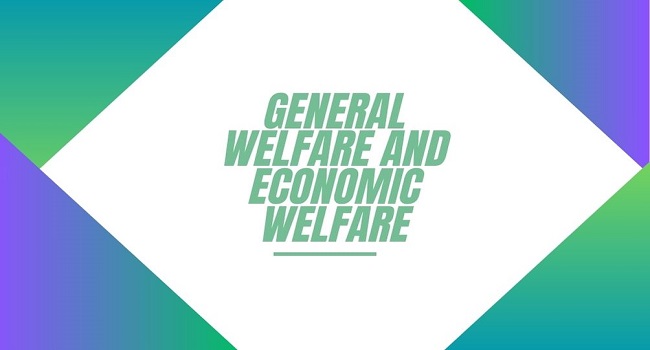
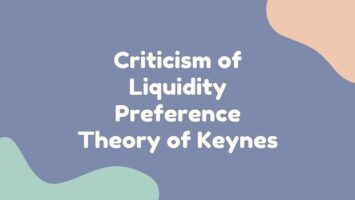


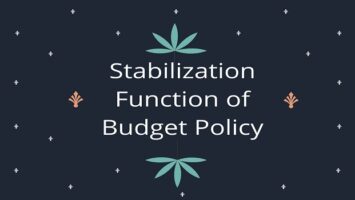

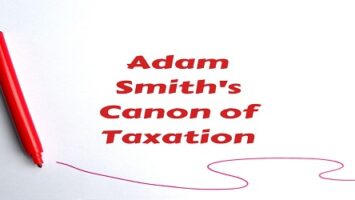
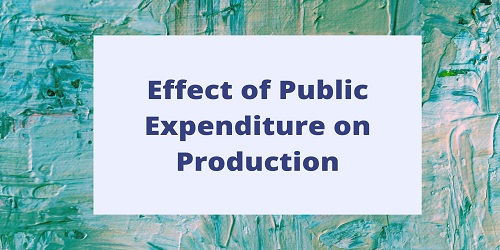
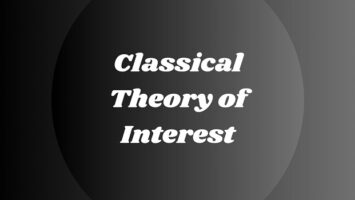
Comments (No)